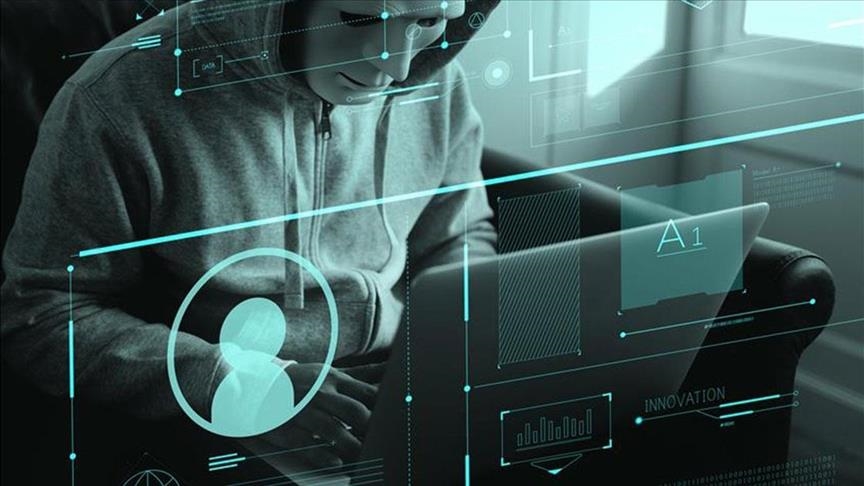California court pauses law blocking AI-generated election content
Law 'acts as a hammer instead of a scalpel, serving as blunt tool that hinders humorous expression and unconstitutionally stifles free and unfettered exchange of ideas,' says judge in temporary order
 Artificial Intelligence
Artificial Intelligence
ISTANBUL
A US federal court on Thursday paused enforcement of a California law aimed at curbing deceptive artificial intelligence-generated content in political ads.
The legislation is part of a package of bills signed last month by Gavin Newsom, California’s governor, to combat “deep fake” manipulation – using computer tools to manipulate a person’s identity, actions, or words in images or audio content – in election-related media.
The judge granted a preliminary injunction against the law, stating that while the risks posed by AI and deep-fakes are significant, most of the law “acts as a hammer instead of a scalpel, serving as a blunt tool that hinders humorous expression and unconstitutionally stifles the free and unfettered exchange of ideas."
The law would have prohibited the creation and dissemination of materially deceptive audio or visual media related to elections within 120 days before Election Day and 60 days after. It would have also required disclosure of AI-generated content in political ads.
While acknowledging the state's interest in protecting election integrity, the court stressed the importance of upholding principles under the First Amendment to the US Constitution – on freedom of speech – especially regarding political speech.
The injunction allows enforcement only of the law's audio-only provisions, leaving the bulk of the legislation stalled as the US approaches the 2024 presidential and congressional elections, set for Nov. 3.
Proponents of such laws point to the danger of foreign powers or domestic political actors using faked content to graphically smear candidates, deceiving potential voters into thinking a particular candidate said or did something that actually never happened.
The judge’s order temporarily blocks enforcement of the law, with a full ruling expected later as to whether it will go into effect or not, or that some parts of the law will go forward, with others struck down as unconstitutional.









